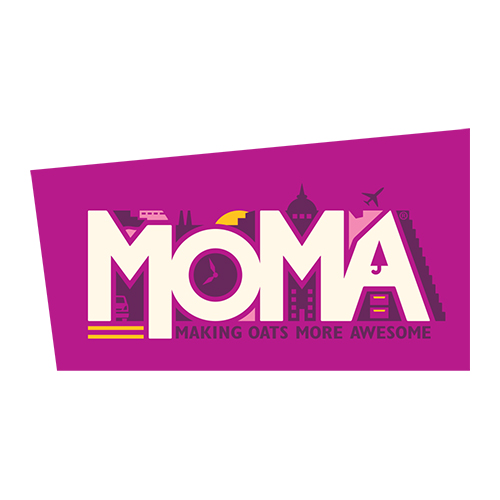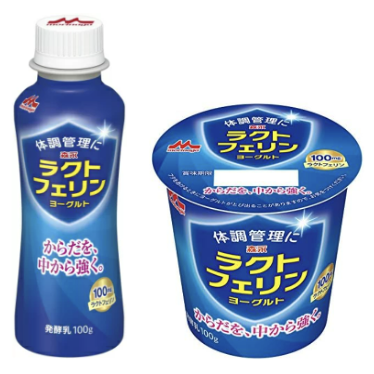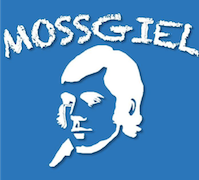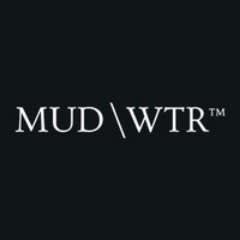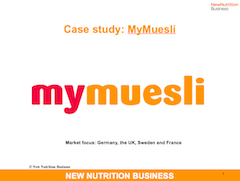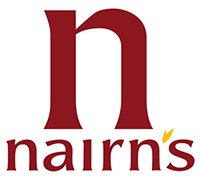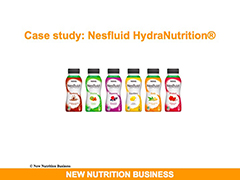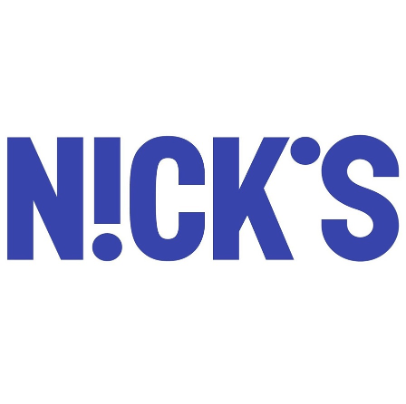Our case studies focus on brands and products that provide lessons from real challenges and opportunities which you can use to inform business strategy. They are packed with detail including brand portfolio, pricing, and communications and marketing strategy, merchandising and distribution, and come with a check list of key lessons learned.
Published: March 2021
Case study: Moma (2021 update)
Since we last wrote about this British breakfast brand its sales have grown by 22% and it has forayed beyond breakfast products to enter the oat milk space.
Download powerpointPublished: October 2023
Case study: Morinaga Lactoferrin yoghurt
Morinaga’s lactoferrin yoghurt is one of the few functional yoghurts to succeed in Japan without FFC (Foods with Function Claims). Driven by research and consumer education the product has managed to establish itself in the market, but will need to increase its differentiation to survive in the coming years.
Download powerpointPublished: March 2020
Case study: Mossgiel Farm
Can a business be based on sustainability? Scottish dairy company Mossgiel Farm suggests that the answer to that question is ‘yes’. Bryce Cunningham has built Mossgiel Farm’s brand identity on sustainability and provenance and saw sales grow by over 100% in 2019.
Download powerpointPublished: December 2021
Case study: Mud Wtr
Shane Heath got tired of the Silicon Valley culture and decided to leave the tech start-up industry to create Mud Wtr - an adaptogen-enriched powdered coffee alternative sold DTC. The brand has seen great success over the past year and is proof that it is possible to build a flourishing F&B business entirely without the help of traditional retailers.
Download powerpointPublished: November 2024
Case study: MUSH
The only mass-market RTE overnight oats in the US saw double-digit growth in retail in 2023 thanks to a focus on energy and ‘real food’.
Download powerpointPublished: October 2018
Case Study: MyMuesli
MyMuesli is a company whose success is fuelled by the personalisation trend, offering consumers to blend their own muesli from 83 different ingredients. With sales approaching $60m and successful cooperations with major companies like Emmi, the future for MyMuesli is looking bright.
Download powerpointPublished: January 2020
Case study: Nairn's
Founded in 1896, Nairn’s has grown to become one of the UK’s biggest free-from brands. The Scottish oatcake company specialises in gluten-free and connects to an impressive nine of our identified key trends and mega trends for 2020.
Download powerpointPublished: October 2017
Case Study: Natural Delights
Natural Delights have successfully harnessed consumer interest in natural alternatives to sugar to grow their well-established date business in the US
Download powerpointPublished: November 2017
Case study: Nesfluid HydraNutrition®
Launched by Nestlé in France in September 2010, Nesfluid HydraNutrition® 's aim was to help people achieve the goals set by the nutritional guidelines, with the hydration and fruit consumption that entails. It was a health drink comprising 50% whey and coconut water, supplemented with various fruit juices, and vitamins.
Download powerpointPublished: April 2023
Case study: Nick's
Nick’s is a rare example of a small international brand that has managed to conquer the US market. The Swedish maker of low-sugar ice cream and sweets had 2021 sales of SEK 246m, with around 50% coming from the US market.
Download powerpoint
